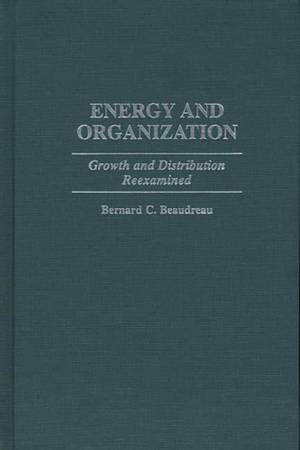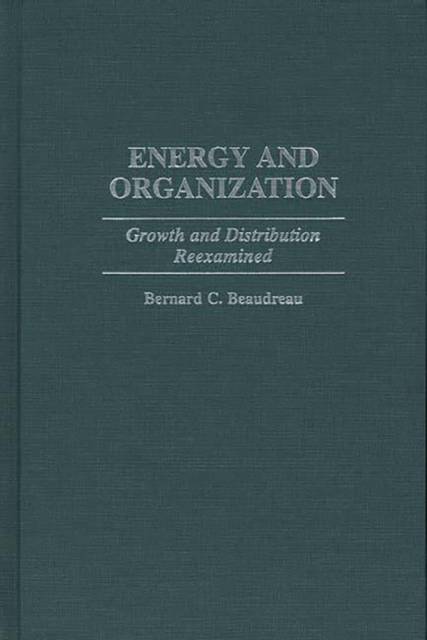
- Afhalen na 1 uur in een winkel met voorraad
- Gratis thuislevering in België vanaf € 30
- Ruim aanbod met 7 miljoen producten
- Afhalen na 1 uur in een winkel met voorraad
- Gratis thuislevering in België vanaf € 30
- Ruim aanbod met 7 miljoen producten
Omschrijving
In the aftermath of the stock market crash, Irving Fisher pointed to the electrification of the U.S. industry as one of the underlying causes of the stock market boom. Earlier, in 1927, Brookings Institution economists had lamented the scant attention energy had received from economists. Today, some 60 years later, power remains the forgotten factor input. In this book, the author incorporates energy into the corpus of economic analysis. Unlike previous attempts, which were mostly theoretical, this work generates testable predictions. The result is a model of production based on the two universal factor inputs--broadly defined energy and broadly defined organization.
Once the model of production is developed, the book then tests an empirical model with data from U.S., German, and Japanese manufacturing. The results are used to reexamine the role of energy in productivity slowdown. When the empirically and theoretically correct model of production is used, the Solow residual disappears: growth in manufacturing value added is fully accounted for by growth in energy, capital, and labor.Specificaties
Betrokkenen
- Auteur(s):
- Uitgeverij:
Inhoud
- Aantal bladzijden:
- 208
- Taal:
- Engels
- Reeks:
- Reeksnummer:
- nr. 193
Eigenschappen
- Productcode (EAN):
- 9780313305801
- Verschijningsdatum:
- 28/02/1998
- Uitvoering:
- Hardcover
- Formaat:
- Genaaid
- Afmetingen:
- 163 mm x 241 mm
- Gewicht:
- 489 g

Alleen bij Standaard Boekhandel
Beoordelingen
We publiceren alleen reviews die voldoen aan de voorwaarden voor reviews. Bekijk onze voorwaarden voor reviews.











